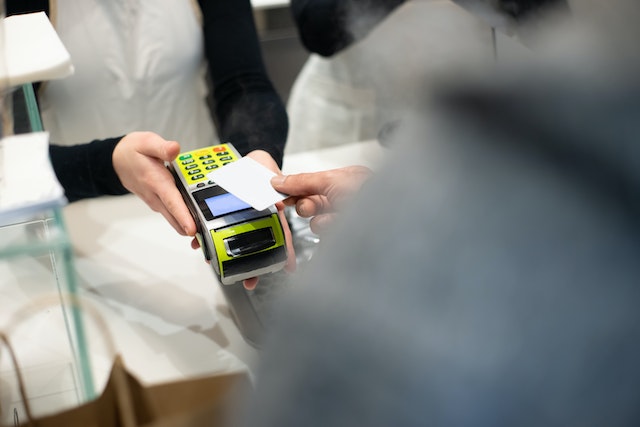When your clients really pay you for the goods and services you provide for them, running your own business always goes much more smoothly. In the modern world, paying for items is far more difficult than it ever was. Cash and paper checks were the most common forms of payment not too long ago. Today, however, consumers are increasingly choosing to use credit or debit cards, which has decreased the use of these techniques. Even though they are often used now, online payments have only been a possibility for a little over 20 years.
With the recent advent of NFC-based payments, clients may now complete a transaction using their smartphone or smartwatch. This gives them yet another method to buy from you. Due to the ongoing COVID-19 pandemic, interest in contactless NFC-based payment solutions has increased over the past year.
If you want to support any of these payment methods, you’ll need particular hardware (and, in some cases, software). The time when all a store needed was a cash drawer is long gone. In this post, we’ll go over the several payment options you should be able to accept and describe how they’re handled so that you can get paid.
What is the processing of payments like?
Today’s consumers have many more payment options than they did just a few years ago. Cash is still the most straightforward payment method, but as credit and debit card usage has increased, it has lost favour. Of course, businesses prefer cash payments because they can process them without a merchant account and get paid 100% of the sale amount right away. Although they need a trip to the bank and carry a high risk of fraud or “bounce” due to inadequate money, paper checks are almost as good as electronic ones.
There are fewer and fewer consumers who choose to pay with cash or a paper check. The majority of clients today choose to pay with a credit or debit card, which necessitates a merchant account and a payment processor to guarantee you get paid.
What is a payment processor?
Any business that handles electronic payments is a payment processor (credit cards, ACH, or digital wallets). After a sale is complete, the processor distributes funds to the merchant and verifies payment information. Merchants’ ties to banks and credit card companies are made through payment processors.
Additionally, payment processors have their own networks that help the information flow related to payment transactions. The internet is mostly used by Lender Payment Processing networks nowadays to send, receive, and store data. When a dependable internet connection is not available, however, telephone networks such as landlines or mobile phones can still be used.
What is a payment gateway?
In order to send and receive payment information between retailers, issuing banks, credit card organisations, and other participants to a transaction, a payment gateway is a processing network that communicates over the internet. Payment gateways help ensure that you get your money from a transaction, authorise transactions, and look for fraud.
Related Posts












